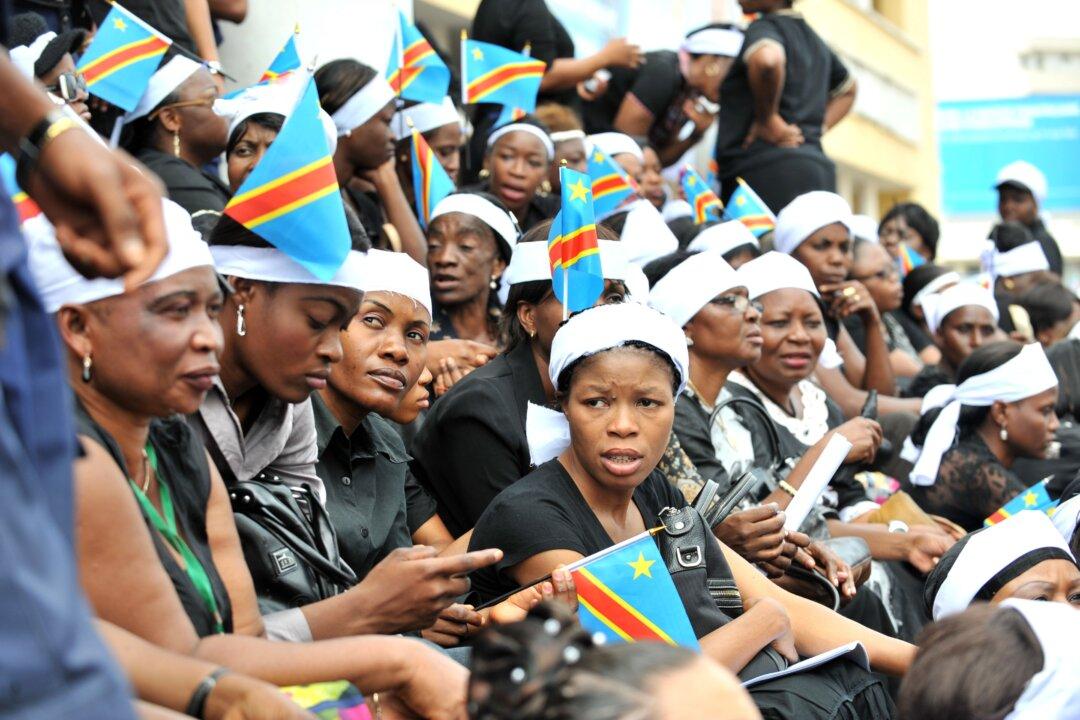An independent investigation has found that dozens of women were sexually exploited and abused by aid workers from the World Health Organization (WHO) during the Ebola outbreak in the Democratic Republic of Congo (DRC) between 2018 and 2020.
The investigation began in October last year through an independent commission co-chaired by Aichatou Mindaoudou, former minister of foreign affairs and social development of Niger, and Julienne Lusenge, a human rights activist and advocate for survivors of sexual violence in conflict, from the DRC.




